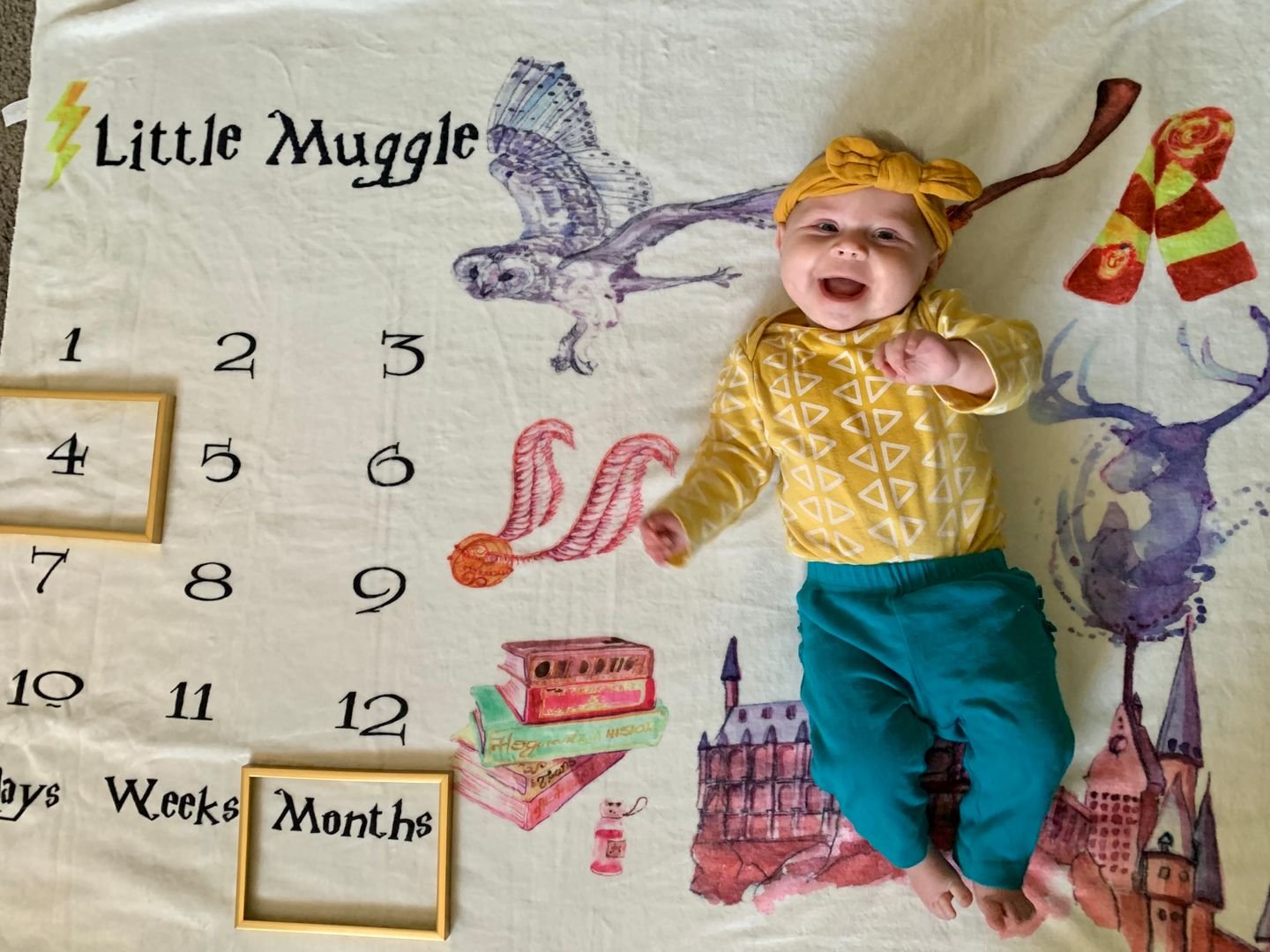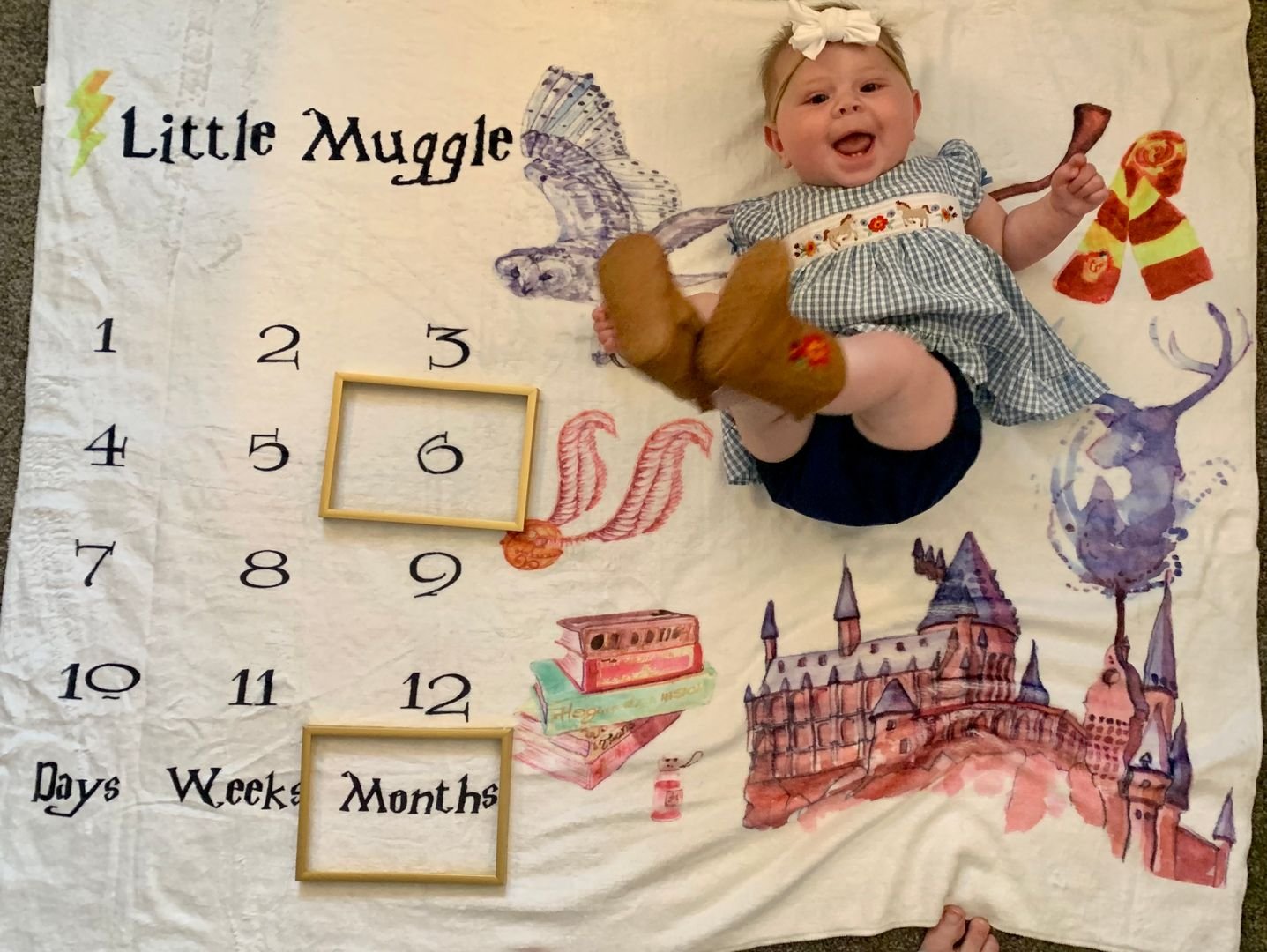This is sort of a hodgepodge of medical things that have been bouncing around in my brain, that I wanted to share with you. But it seems connected to me, somehow.
Thought 1: Needing Medication Isn’t A Bad Thing
Not everything, alas, can be fixed by diet, by getting more sleep, or by exercising, or praying more. Sometimes people need actual medical treatment, and that can include medication. This is not a failure, and this doesn’t make you a bad person. I feel like we especially feel like taking medication for a mental health condition is somehow shameful. It is not.
Connected to that is that medications have side effects. A lot of people treat this as a reason to avoid medications at all costs. However, that’s not feasible. At some point in your life, you’re going to need medication, whether it’s Tylenol for your headache or chemo for cancer.
Side effects are to be weighed by the overall good of the medication. For example: Prednisone has a ton of side effects. But it also keeps me alive. So, me staying alive outweighs the fact that it messes with my body’s ability to process glucose, that it causes weight gain, and etc. (However it also keeps my voice in great shape and my joints happy, so I feel like I’m winning here!)
Insulin can also cause side effects but without it, I will be in bad shape.
Everything has potential side effects, from water to the latest wonder drug.
Now sometimes, side effects make it not worth it to continue a medication. For instance, my body cannot tolerate statins, and when I took them, they didn’t impact my cholesterol anyway. So it wasn’t worth me taking the meds and dealing with the side effects for something that wasn’t doing its job!
So if you need medication, that’s OK. Be sure to talk to your doctor about the side effects, if you experience any, and if that makes taking the medicine intolerable.
But to say that medication shouldn’t be taken because it has side effects is…. silly. They’re something to consider obviously. But it’s not a blanket statement you can make.
You have to educate yourself and weigh the pros and cons.
Two: The Question of Accommodation
Recently there’s been a lot of talk about this due to the Fetterman interview (if you’re not familiar with it—Pennsylvania senate candidate John Fetterman (D) had a stroke earlier this year. In an interview with NBC news, he required captioning software so that he could understand the questions the journalist was asking, due to a sensory processing problem due to the stroke.) As such, there’s been a lot of commentary in the social media world about whether or not the reporter would’ve commented on his abilities (or disabilities) if, say, he’d been wearing glasses or been in a wheelchair—or if he was deaf.
Now, I have a little experience in this area. So I have thoughts—obviously.
First off, the only accommodation that most people seem to have no issue with is a person wearing glasses or contacts. It’s so common that everyone just accepts it as a thing and no one says anything. (However, that’s not true when it comes to things like large-print books, menus, signs, etc.)
This isn’t true for anything else. Hearing aids are often rejected because people don’t want to look “old” or like they’re impaired in any way. Only about one-third of people with hearing loss wear hearing aids. Insurance doesn’t cover hearing aids like it covers glasses, soething that I think is ridiculous (and is somewhat ameliorated by the fact that now you can get them over the counter). But hearing loss is also connected to dementia and Parkinson’s disease if it’s not corrected. There are lots of reasons to wear a hearing aid—but a lot of people don’t.
During COVID, a lot of us hearing impaired people were totally lost when communicating, because of masks. I still can’t go to a medical appointment and not wear a mask, which means I am often lost when it comes to what my doctor is saying! But there isn’t any accommodation. This extends to things like movies and TV, where not everything is captioned (or captioned correctly), to getting pushback when I make the argument for microphones and telecoil systems in church because it’s not…aesthetically pleasing.
Many public places aren’t accessible to a wheelchair uses, or someone who is on crutches or uses a walker or canes, because there’s no switch plate on the doors.
Accommodation is limited. How often do you see a braille menu, for example? How many places don’t have a telecoil system to allow hearing aid and cochlear implant users to understand things better?
But when these are asked for, they’re brushed off as “too expensive” or “impractical”.
So, the fact that Fetterman used captions for his interview isn’t really an issue. When I’ve done radio interviews I ask for the questions ahead of time so I can get an idea of what I’ll be asked. Most places will send me a list of questions that will be asked—sometimes more than we actually answer in the interview!
The issue here, in my opinion, is the difference between a physical disability and a cognitive disability. Wearing contacts and a cochlear implant don’t impede my cognitive functioning. My brain is just fine. Surely no one would say that Stephen Hawking was cognitively impaired! But there is a difference, and most people don’t get that (the same as not understanding that there are people in ICUs every day of the year).
The idea that people don’t make assumptions about people with disabilities isn’t true. I’ve had people talk to my parents instead of me when I’m in the room. When I had my new port put in, one of the nurses asked Dad something about me—I was “her” in this discussion—when she could have asked me, and if I didn’t understand her, Dad would’ve told me what she said. People talk around you but not to you. It happens all the time, to just about everyone who has something “wrong” with them that doesn’t involve wearing glasses.
Is Fetterman capable to serve in the Senate? I don’t know. That’s for the voters of Pennsylvania to decide. The answer might be clearer if updated, detailed medical records or statements were released. I do hope, however, that we can have some real conversations about disability, different kinds of disability, and accommodation, because we don’t have them as a society, and we need to.
But we also need to understand, as disabled people, that there are things we can’t do. I, for example, couldn’t do a job that included phone work. I’d be lost! I will never be able to climb Mt. Everest! That’s not “dissing” myself. It’s stating things that are true.
The discussion around disability is complex and fraught, but we need to have it.
Three: RUDENESS!
People, never comment on what someone is eating, OK?
There is a common misconception about diabetics that we can’t ever eat carbohydrates or sugar.
That is totally wrong. We can, nay, we must, at certain points, have carbs! If I didn’t give my body carbohydrates on a daily basis, it would get very angry with me. There are times when I must have them or I will faint, or go into a coma! Or DIE. (NOT KIDDING)
So there are times when we must have carbohydrates, be that juice, or candy, or cake, or pizza.
We can also have them just as a matter of course—we have to dose for it with insulin, like we do everything else. I eat ice cream and cake and cookies. I’m allowed to have them (like everyone else, in moderation!).
Sometimes my body decides we must have sugar right now, and that’s in church. It’s not great, but it happens. It does not break the Eucharistic fast. It isn’t disrespectful to the Lord. I have sugar packets, Skittles, and Sour Patch Kids in my purse for these occasions, as well as hard candies.
So if you see someone that you know is diabetic eating candy, or drinking juice, or having a brownie, don’t assume that she can’t have it, because she can.
Sometimes I have had to ask people to get me juice if I’m having a low and I’m still dropping, because I don’t trust my hands to not spill it. In that case, people get it for me, I drink the juice, and life continues.
But please don’t ask us if “we can have” a cookie or candy. We can. And we might need to have it immediately!
Thus endeth the medical lesson!
























